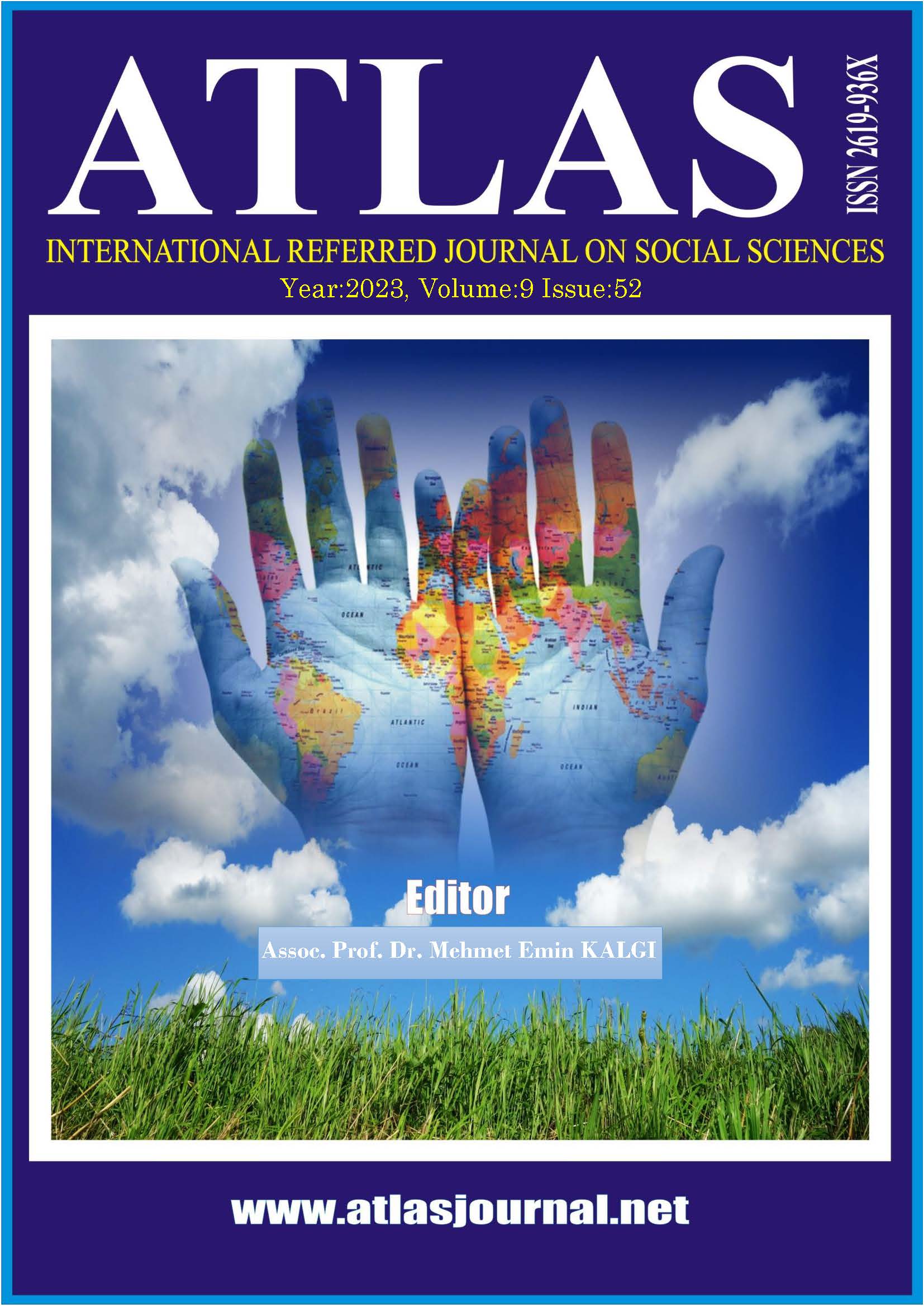Trends and Recent Development in Behavioral Economics
DOI:
https://doi.org/10.5281/zenodo.10334501Keywords:
Behavioral Economics, Adam Smith, Rationality, Self-interestAbstract
Behavioral economics is a field of study that emerged in the first half of the 20th century, based on the idea that human psychology and behavior should be included in economic life. This field of study has led to a different approach to traditional theories and economic events by using concepts such as behavior, habits, expectations, and internal motivations. In particular, it has led to a different perspective on the theories put forward by neo-classical economics, regardless of time and place. Behavioral economics, which attracts attention with its dynamic and unique approach to the field of study and its perspective that seeks to find different answers to economic questions, is expected to guide modern economic theories. In this context, an evaluation was made in the study based on the basic questions addressed by behavioral economics and recent trends were discussed. The starting point in this discussion started with Adam Smit's distinction between self-interest and selfishness. Adam Smith's view of economic behavior as a part of social, cultural and political life caused the concepts of personal interest and selfishness to be interpreted differently in this perspective. The study will examine the trends in behavioral economics based on the distinction between these two concepts.
References
Aktan, C. C. ve Yavuzaslan, K. (2020). Davranışsal İktisat: Bireylerin İktisadi Karar ve Tercihlerinde Zihinsel, Duygusal ve Psikolojik Faktörlerin Analizi, Sosyal ve Beşeri Bilimler Dergisi, 12 (2): 100-120.
Akyıldız, H. (2008). Tartışılan Boyutlarıyla Homo Economıcus, Süleyman Demirel Üniversitesi 13(2):29-40.
Alam, S.M. I. (2022). Behavioral Economics: Concepts, History, and Evolution, Reading Material, Behavioral Economics, ECN 753, Jahangirnagar University.
Alm, J. (2010). Testing Behavioural Public Economics Theories in the Laboratory, National Tax Journal, 635–658.
Bilgin, A. (2017). Kanaatin Veren Eli ile Kapitalin Homo Economicus’u Arasında Yaşanan Duygusal Salınımlar, Muş Alparslan Üniversitesi Sosyal Bilimler Dergisi, 5(2):518-537.
Bilir, H. (2019). İktisadın Bir “Bilim” Olarak Ortaya Çıkışında Doğa Bilimlerinin Etkisi, Kebikeç, 48(1):175-194.
Efeoğlu, İ.E. ve Çalışkan, Y. (2018). A Brief History of Homo Economicus From The Economics Discipline Perspective, Artıbilim: Adana Alparslan Türkeş Bilim ve Teknoloji Üniversitesi Sosyal Bilimler Dergisi 2018; 2(1): 28-36.
Kahneman, D, and Tversky,A. (1979). Prospect Theory: An Analysis Of Decision Under Risk. Econometrica 47(2), 263-292.
Kartal, G. (2016). Homo-Economıcus’a Karşı Homo-Islamıcus, 1.Uluslararası Sosyal Bilimler Ve Müslümanlar Kongresi: Hegemonya-Karşı Hegemonya, Bildiriler Kitabı, 295-310.
Katona, G. (1951). Psychological Analysis of Economic Behavior. New York: McGraw-Hill.
Kaymak M (2020). Adam Smith’in Dört Aşamalı Tarih Kuramı Üzerine. Mülkiye Dergisi, 44 (2), 177-218.
Kaymakçı, Ö. B. (2013). İktisat-Din Hattında Bir Değerlendirme: Rasyonel Homo-Religious Semavi Homo-Economicus, (Review of the book Din ekonomisi: İnanç, Zenginlik Ve Mutluluk by Ö. Demir), İş Ahlakı Dergisi, 6(2), 171-177. İş Ahlakı Dergisi, 6(2), 171-177.
Kızılkaya, E.İ. (2017). İktisat ve İnsan, Der Yayınları, İstanbul.
Levent, A. (2019). Homo Economicus, Rasyonel Birey ve Ortodoks İktisat, İnsanı Yeniden Düşünmek içinde, Editör(ler): Lütfi Sunar ve Latif Karagöz, İlem Yayınları.
Moffitt, R. ve Buttenheim, A. ve Beatty, A. (2023). Behavioral Economics: Policy Impact and Future Directions. Washington, DC: The National Academies Press. https://doi.org/10.17226/26874.
Roberts, R. (2014). How Adam Smith Can Change Your Life: An Unexpected Guide to Human Nature and Happiness, Penguin Books.
Simon, H. A. (1955). A Behavioral Model of Rational Choice. The Quarterly Journal of Economics, 69(1), 26-99.
Smith, A. (1759). Ahlaki Duygular Kuramı, Pinhan Yayıncılık (2018). Çeviri: Derman Kızılay.
Smith, A. (1776). Ulusların Zenginliği, Palme Yayıncılık (2011), Çeviri: Metin Saltoğlu.
Stjepanovıć, S. ve Mıhıć, L. (2018). Behavioral Economy and Its Future, 37TH Internatıonal Conference On Organızatıonal Scıence Development: Organızatıon And Uncertaınty In The Dıgıtal Age March 21ST – 23RD, 2018, Portorož, Slovenıa, Conference Proceedıngs.
Şimşek, H. (2018). Davranışsal İktisadın Politika Yapımına Etkisi, IJOPEC Publication, London.
Thaler, R.H. (2016). Behavioral Economics: Past, Present, and Future, Misbehaving: The Making of Behavioral Economics, American Economic Association annual meeting.
Downloads
Published
How to Cite
Issue
Section
License
Copyright (c) 2023 Atlas Journal

This work is licensed under a Creative Commons Attribution-NonCommercial 4.0 International License.


